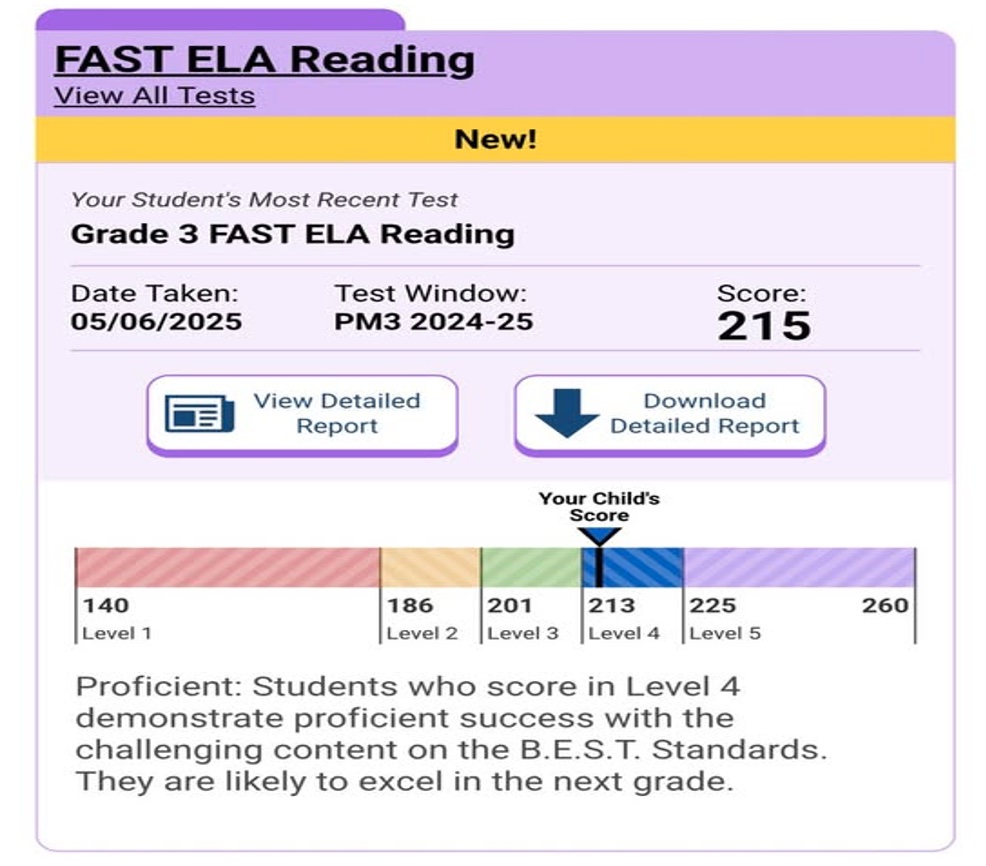By DAVID BOYLE
What should be done with a student who can’t read at grade level?
Should that student be retained in the current grade or be promoted even though he/she cannot read at grade level?
The Anchorage School Board knows what the Alaska Reads Act says regarding the retention of elementary students who cannot read at grade level. It just doesn’t seem interested in following the law.
The district is planning changes to the current policy that states holding back a student in the early elementary grades may be necessary:
“The School Board recognizes that, especially in lower elementary grades, retention may be necessary to ensure student proficiency in reading and mathematics.”
This policy follows the Alaska Reads Act statute and the corresponding Administrative Regulations. The Reads Act states:
“Following that meeting, the parent or guardian shall determine whether the student will progress to the next grade.”
The Reads Act provides many types of interventions to help the student reach grade level reading, including extra tutoring, helping parents with at-home reading lessons, and even summer school for those students falling behind.
The intent of the law is that those students who are deficient in reading in their early grades should be retained in their current grade. Passing them on to the next grade does not help the child learn to read so he/she can be successful in future courses.
In contrast, the newly revised ASD policy on student retention states:
“The School Board recognizes that research indicates that very few children benefit from being retained during the elementary and middle grades.”
But no board member could point to the research mentioned. Even board president Jacobs, who approved the policy revision, could not identify that research.
It appears as if the Alaska Association of School Boards has suggested the policy change, but its web page shows none of this student retention research.
Board member Donley said that a study done in the Los Angeles Unified School District showed that retention helped English Language Learner students.
Donley said that the district had a non-retention policy for more than 20 years and the students did poorly on reading and math tests. He stressed that we need to do what is in the best interest of the student.
Superintendent Bryantt stated, “As someone who has a doctorate in education policy, I would highly recommend that one look at the meta-analyses. I did find one from 2001 that said on the subject of student retention…most studies showed negative impact.”
Dr. Bryantt may also want to look at much more recent research done by the Harvard Graduate School of Education, which showed that test-based retention in third grade improved student performance in Florida. Here are the results:
- Students retained in third grade under Florida’s test-based promotion policy experienced substantial short-term gains in both math and reading achievement. They were less likely to be retained in a later grade and better prepared when they entered high school.
- Being retained in third grade led students to take fewer remedial courses in high school and improved their grade point averages.
- There was no negative impact on graduation. Being held back did delay students’ graduation from high school by 0.63 years, but being older for their grade did not reduce their probability of graduating or receiving a regular diploma.
I have an Air Force friend who is stationed in Florida and whose daughter has had a difficult time with her reading. Guess what? Her mother took her under her wing and worked hard to bring her daughter up to speed on her reading skills. Look at the proud mom’s Facebook post:
“Proud mom post!! Madison has struggled this year with her ELA and reading scores. The state of Florida requires a level 2 (below grade level) or higher scored to pass the 3rd grade specifically. It’s been a stressful few weeks of preparing, taking a week off of ball to spend time in her room studying to prepare for these hard tests. She has struggled all year to pass them and had one last chance this week for the end of year testing, or she would be retained and have to retake 3rd grade next year. She scored a LEVEL 4, ABOVE GRADE LEVEL!”

It seems as if Florida law was successful in assisting this child to stay with her classmates. Her mom was informed that Madison needed help and needed focus time to study. Her mom provided her with that environment. And Madison was successful in meeting the goal. She even exceeded that goal.
So, a child can be brought up to speed in reading with parent’s help.
In Anchorage we would just push her on to the next grade, doing her a disservice in the long run.
But it would make it much easier to manage and be less work for the school staff.
The Alaska Reads Act was modeled after the very successful Florida law. It is working.
As board member Donley said, “What is in the best interest of the child?”
As the Harvard research stated, “Retention is not an academic death sentence.”
It’s no wonder Alaska high school graduates going to college need remedial reading skills and math skills.
Finally, we need to ask, “Will your child be able to read his/her diploma?”
David Boyle is the education writer at Must Read Alaska.
